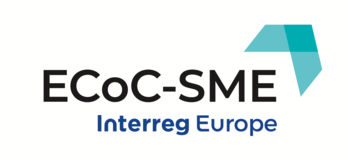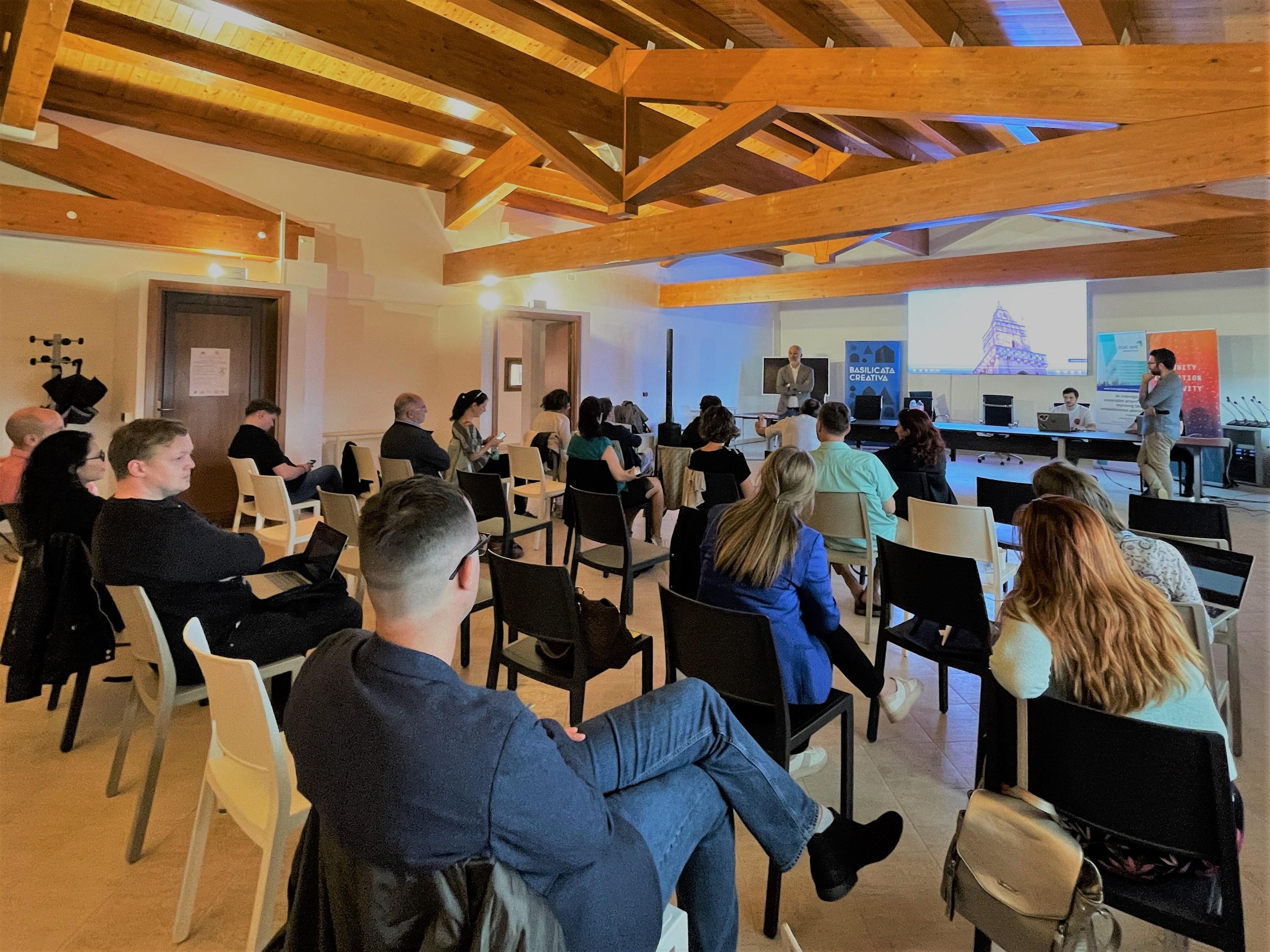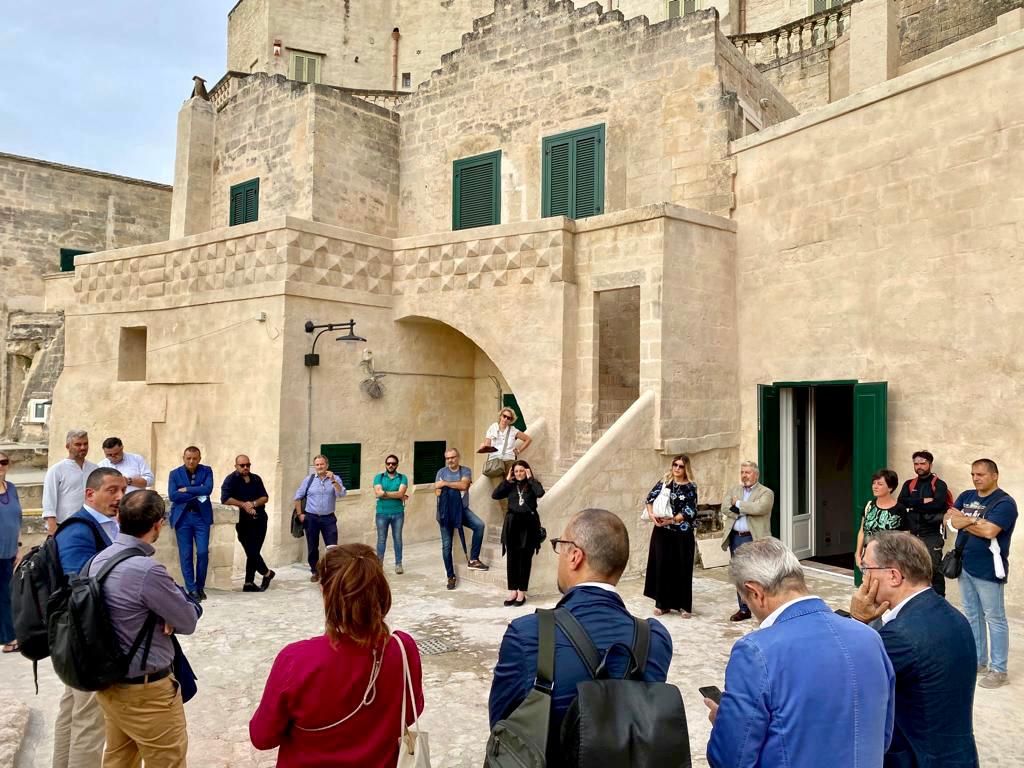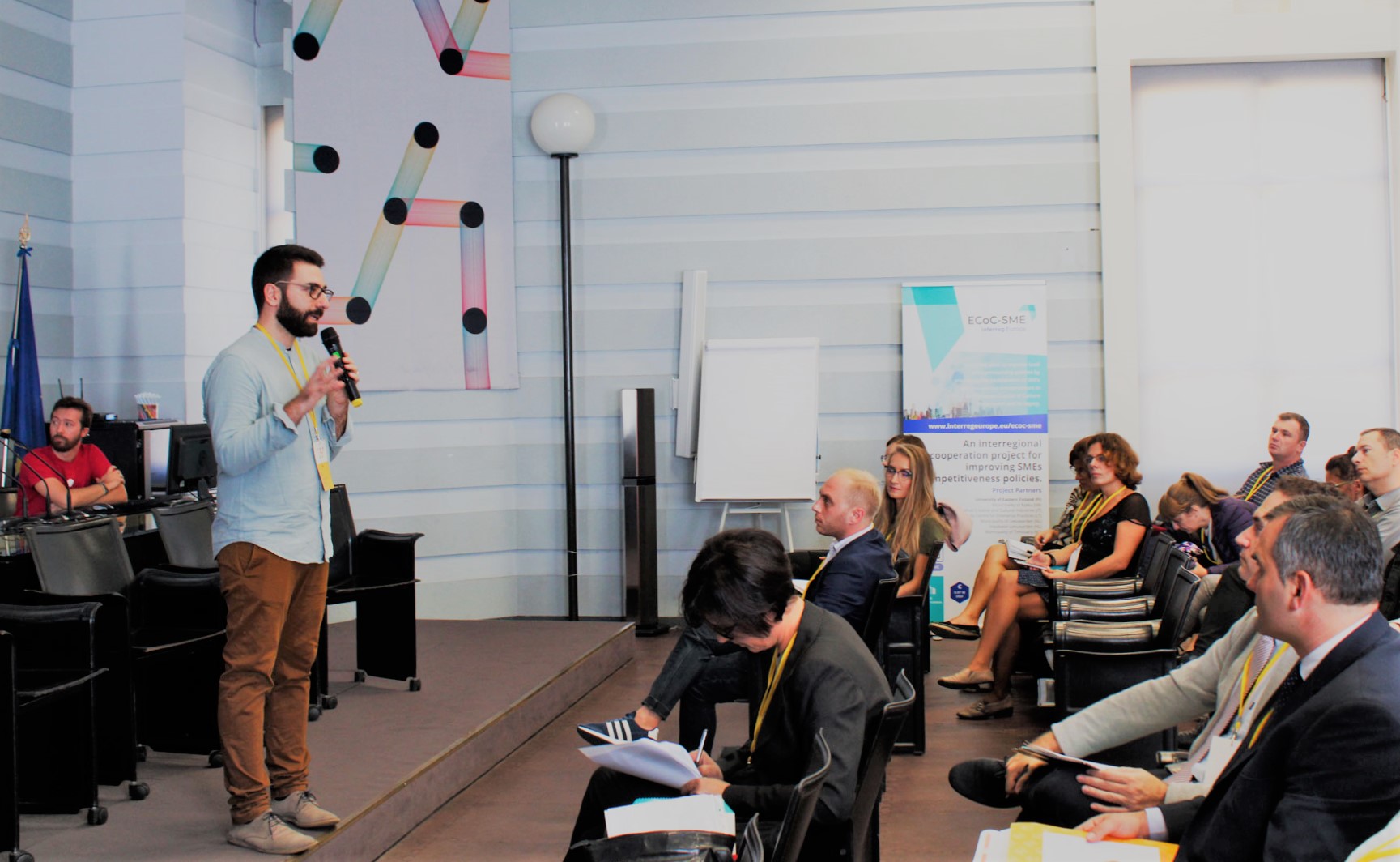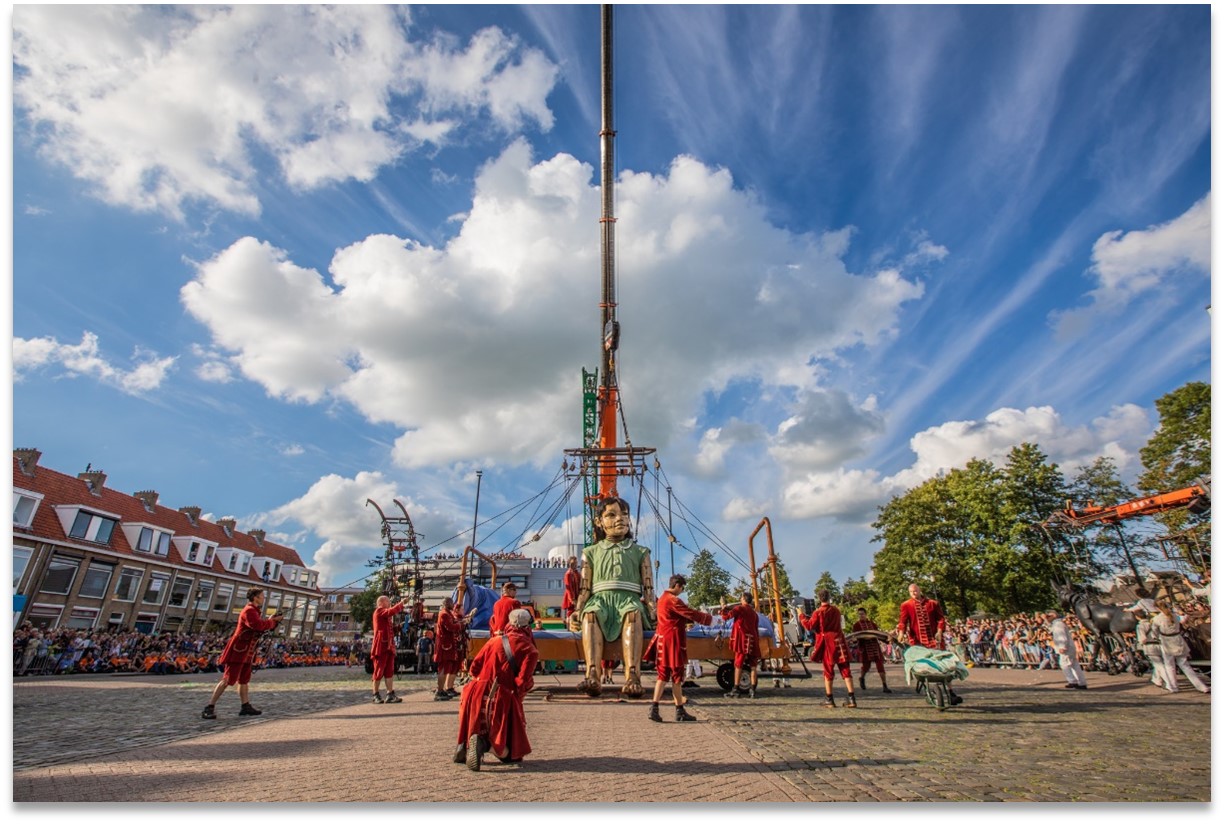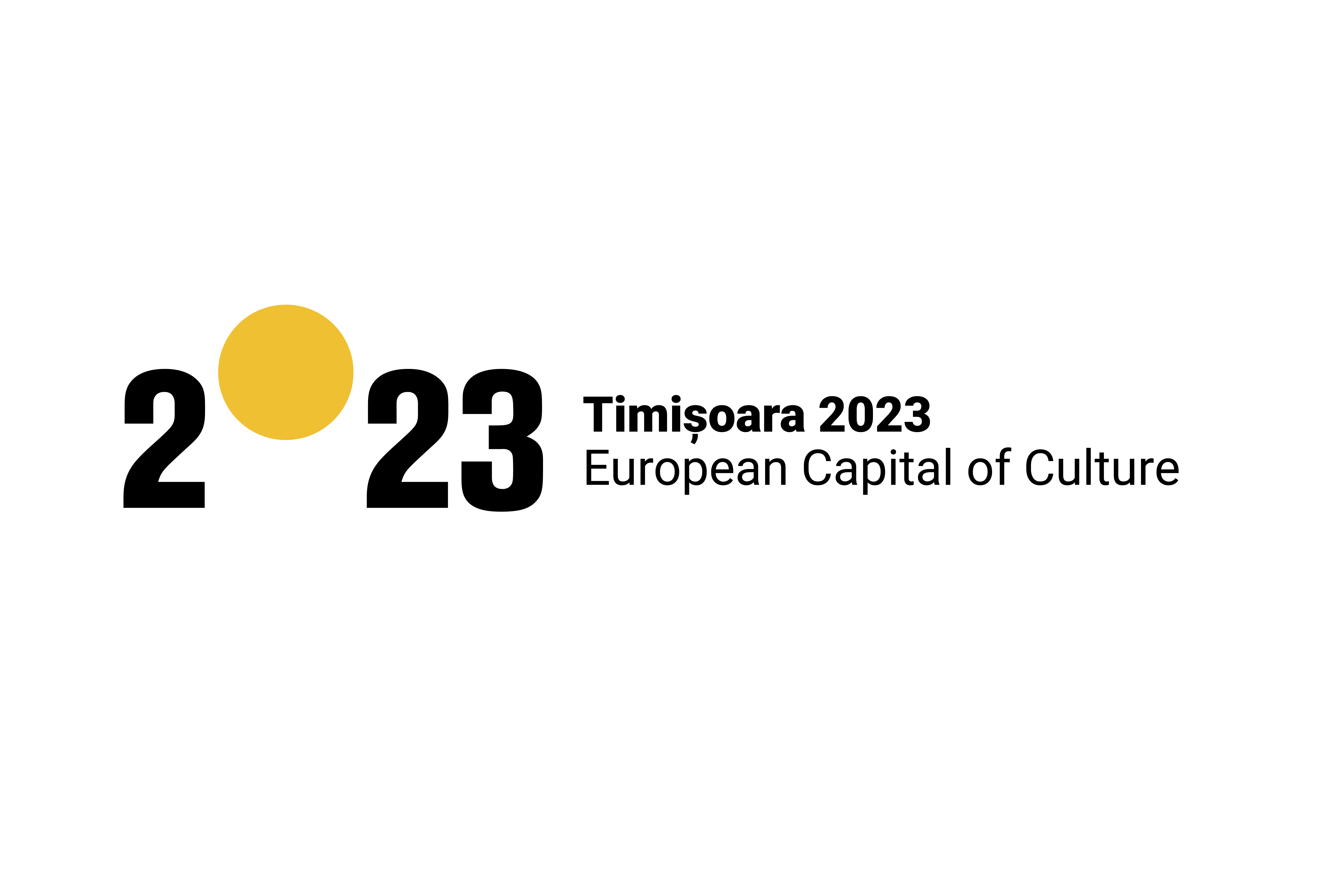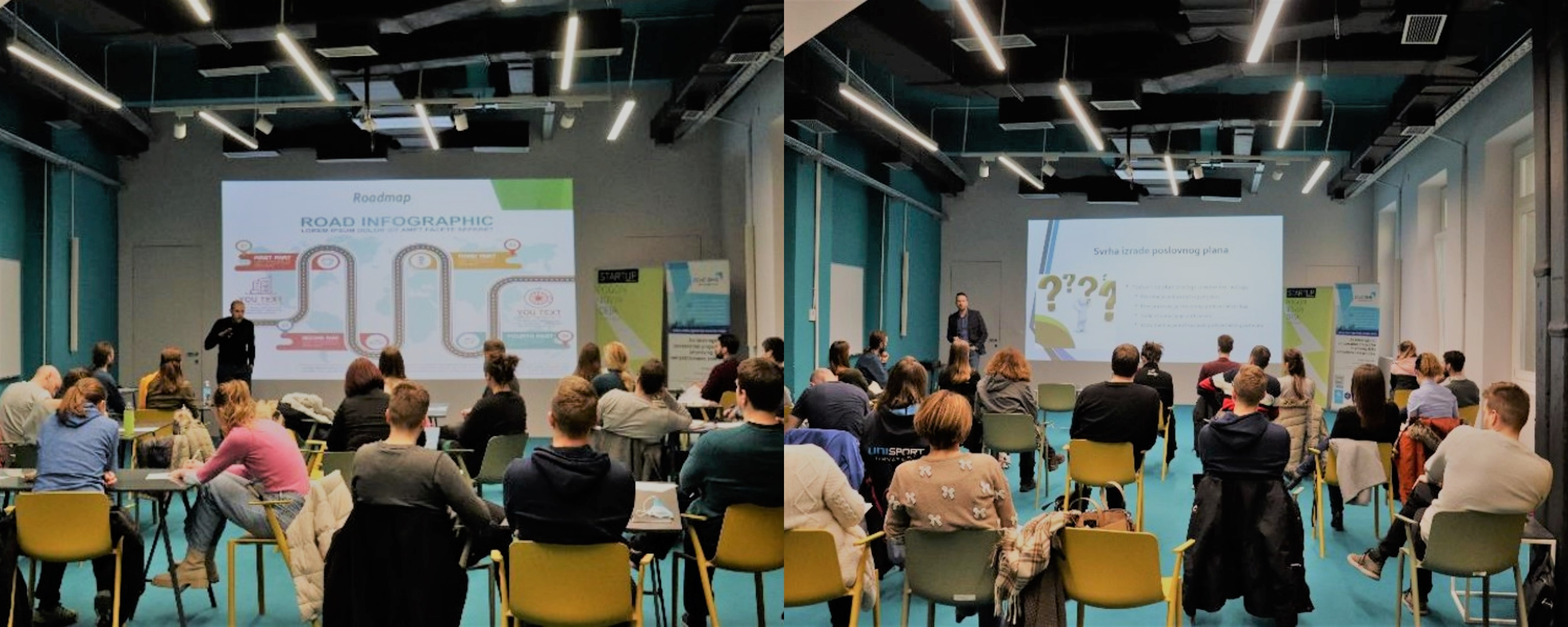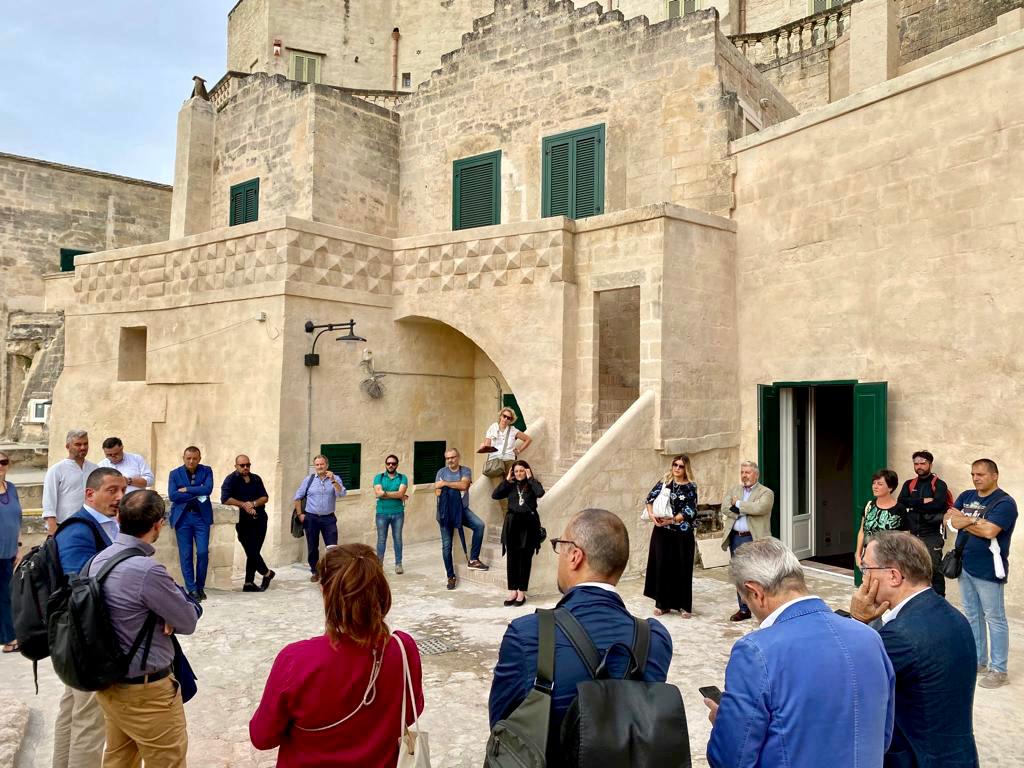The final dissemination event of the ECoC-SME project was weld in Matera, Italy on June 9th 2022. Our partners and stakeholders finally met in person again after two years, reflected on our actions, exchanges, and shared their impacts and future ideas. The event was attended by more than 40 people. Here are some of the highlights:
- ECoC-SME stories from the 5 regions (link to watch the session)
- Policy impact of the ECoC-SME project (link to watch the session)
- Legacy of the ECoC events (link to watch the session)
With that, we would like to conclude the ECoC-SME project and reflect on our achievements after three years:
- 5 local Action Plans which explored, proposed, and tested new ways to revive and support culture, tourism, and entrepreneurship.
- 11 Good Practices for SMEs and creative support, of which 8 were endorsed by the policy learning platform
- A network of old, current, and new Cultural Capitals to jointly learn and share their legacy.
Despite being the shortest 4th-call project under the Interreg Europe 2014-2020 programme, and having to organise the majority of our co-creation activities and our entire pilot phase under COVID-19 restrictions, the ECoC-SME project has reached its planned objectives. Here are some factors that ensured our successes:
- A swift broadening of focus from SME-support frameworks to the inclusion of cross-sectoral synergies and measures for alleviating the adverse effects of the pandemic on the cultural and creative industry, and the tourism sector.
- Early recognition at the start of the COVID-19 crisis of the necessity to change the ways of doing interregional exchanges: fast and proactive adaptation to the use online media for a broad range of project activities; and building in more flexibility into the timetable along with more frequent instances of communication and peer-support within the partnership.
- Interregional exchange beyond the mandatory scope of the project: some of the ECoC-SME Partners were invited to speak at their counterpart’s local events, and thus could help them explore on potential adoption of existing and developing Good Practices to their region’s and stakeholders’ needs.
- Inclusion of stakeholders groups in the dialogue whenever possible, on a regular and continuous basis during the two plus one years.
